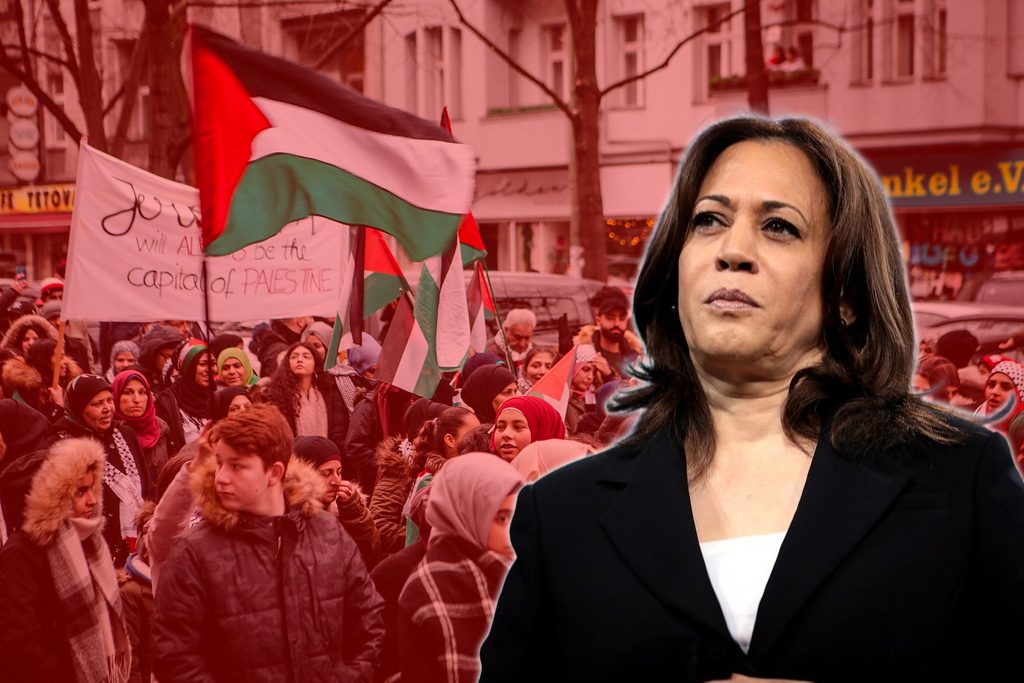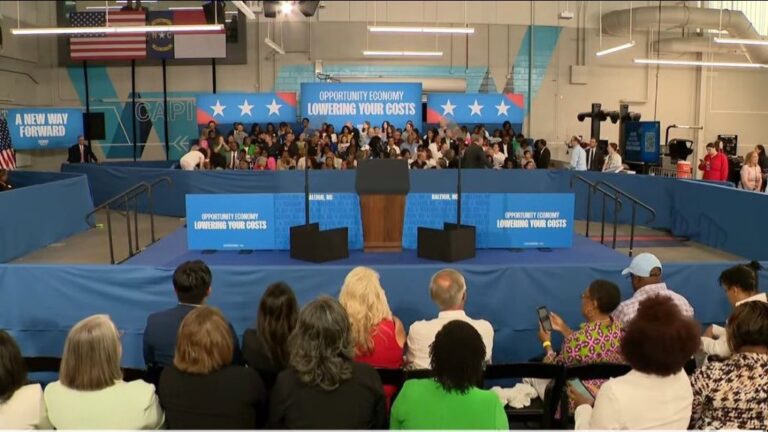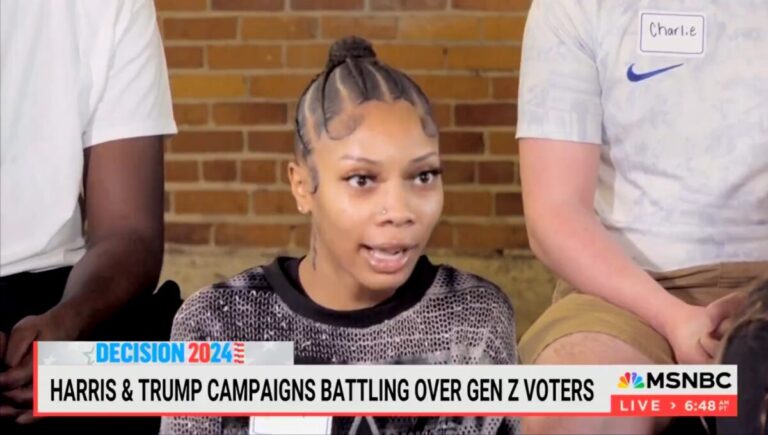As the Democratic National Convention (DNC) approaches, Chicago is bracing for a wave of protests expected to draw tens of thousands of demonstrators. These protests, primarily driven by pro-Palestine activists, have been a significant presence across the United States following recent conflicts in the Middle East. The anticipated demonstrations represent a convergence of various political and social grievances, providing a platform for activists to voice their concerns during a critical political event.
Reasons Behind the Protests
The primary impetus for these protests is the ongoing conflict between Israel and Palestine, which has sparked widespread international attention and activism. In the wake of the October 7 attacks on Israel and the subsequent military actions in Gaza, many activists have taken a firm stance against U.S. foreign policy, particularly its military support for Israel. These demonstrations are not only a response to recent events but also highlight broader demands for changes in U.S. foreign policy and military aid allocations.
Groups and Movements Involved
While pro-Palestine activism is at the forefront, the protests are expected to include a diverse coalition of left-wing groups. These include activists advocating for reproductive rights, who argue that the Democratic Party has not gone far enough in safeguarding these rights both domestically and internationally. The coalition’s demands extend to reallocating funds from foreign wars to domestic social programs, emphasizing a need for comprehensive policy shifts.
City Preparations and Security Measures
In anticipation of these large-scale protests, Chicago officials have erected extensive barriers around the DNC venue to ensure security and order. Despite initial plans to keep demonstrations at a distance, a federal judge’s ruling has allowed protests to occur within a mile of the United Center. This decision underscores the legal and logistical challenges the city faces in balancing the right to protest with maintaining safety and security during the convention.
Potential Impact on the DNC
The influx of protesters presents a significant challenge for the DNC, as it seeks to maintain focus on its agenda amidst potential disruptions. The visibility of these protests could shift media attention and public discourse towards the activists’ demands, potentially influencing the narrative surrounding the convention. The presence of dissent within the party’s progressive wing highlights internal tensions that could impact public perception and voter sentiment.
Broader Political Implications
The protests in Chicago signify a critical moment for the Democratic Party, as it navigates internal divisions and external criticisms. The ability of party leaders to address the concerns raised by these activists could play a pivotal role in shaping future policy directions and electoral strategies. As the party prepares for upcoming elections, the response to these demonstrations will likely be scrutinized by all sides.




GOOD SHE IS SO TWO-FACED.